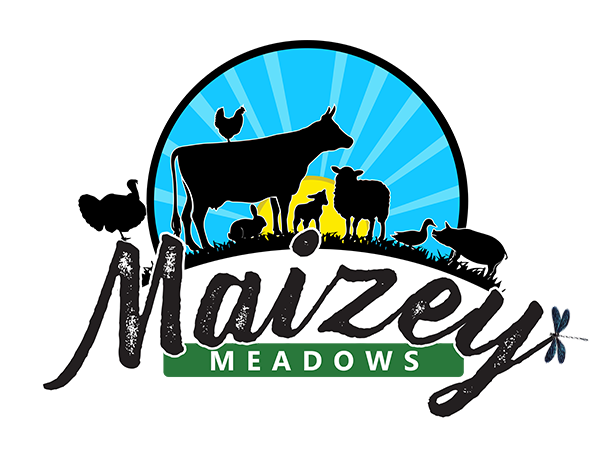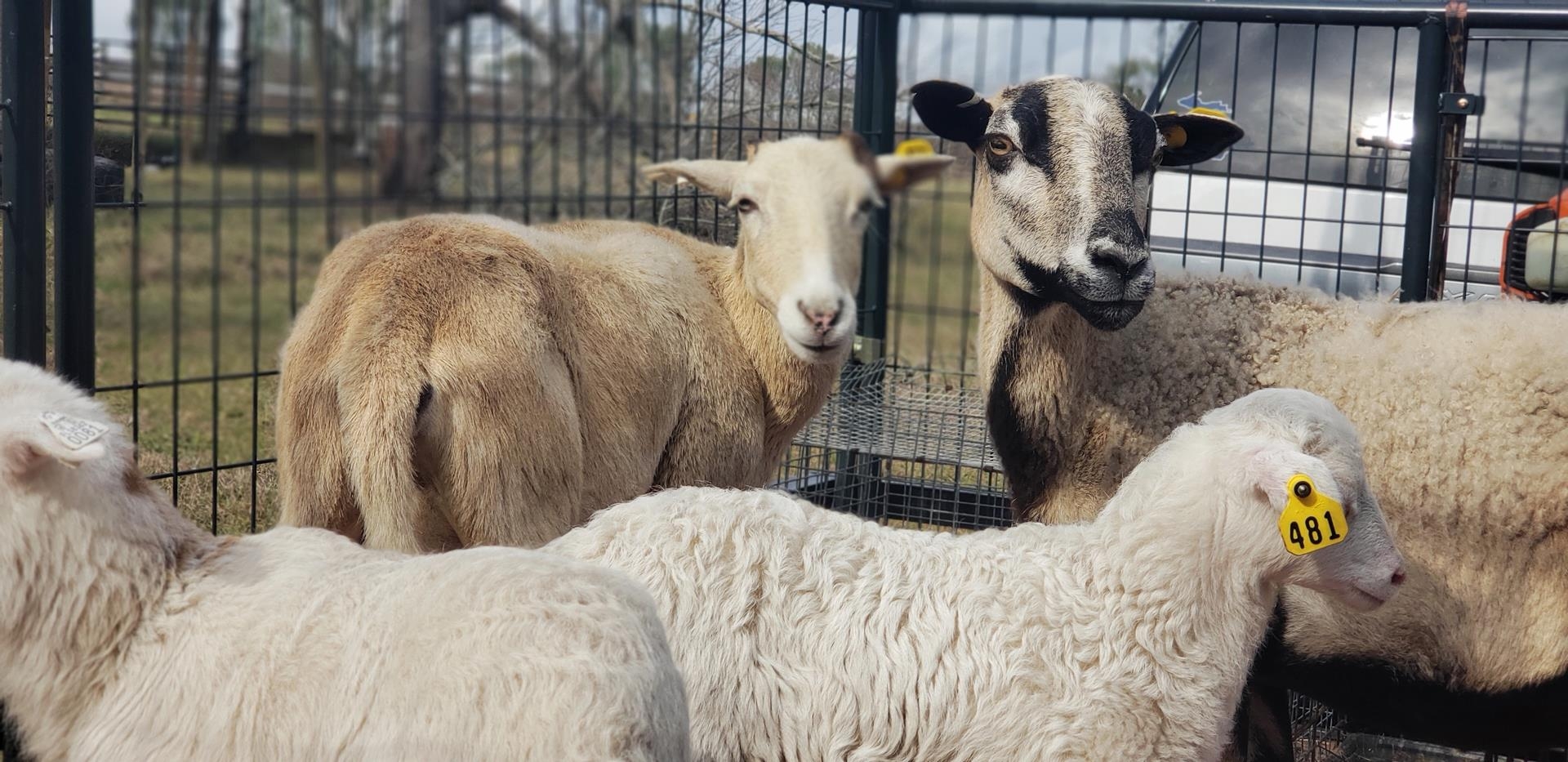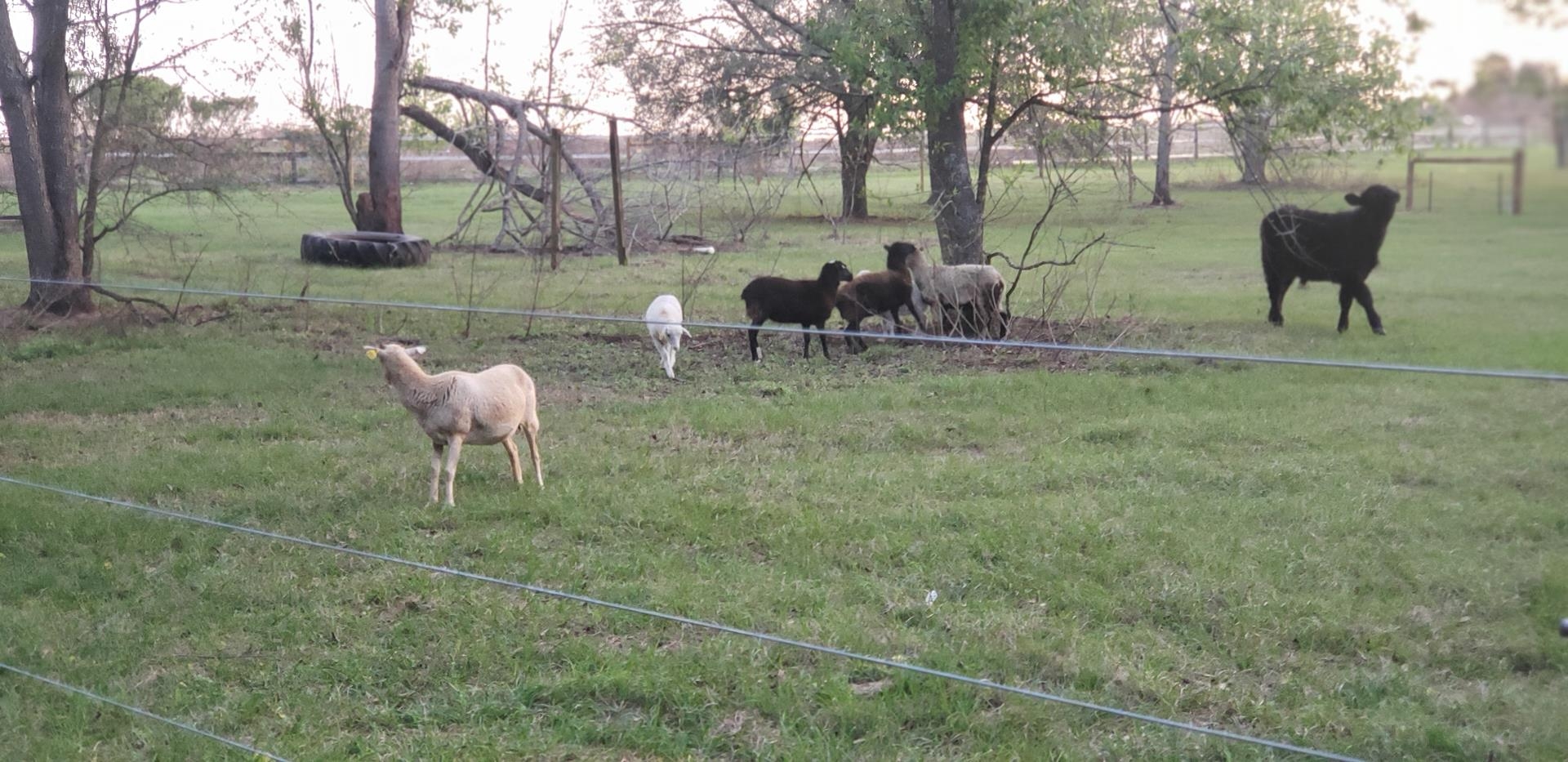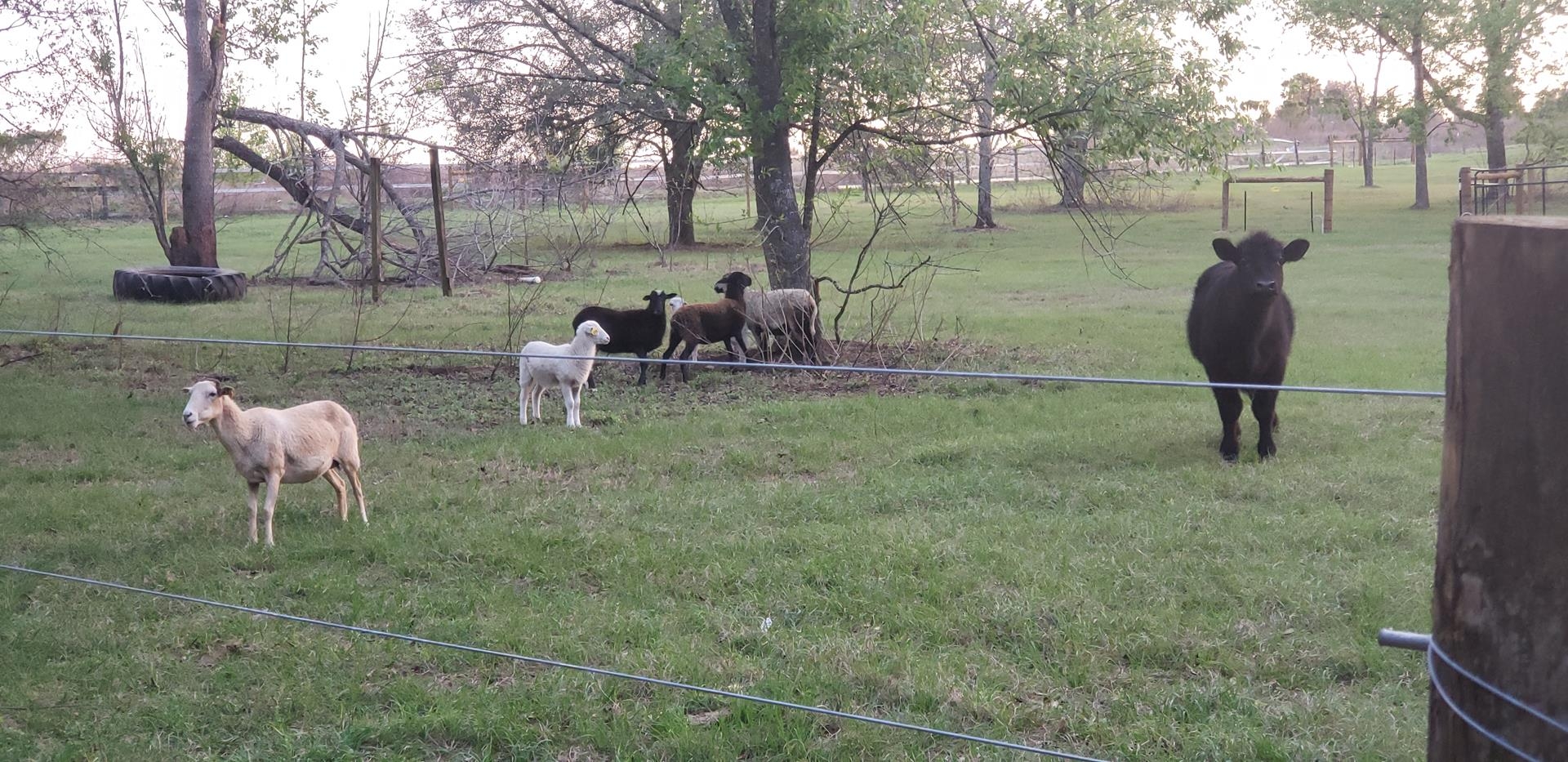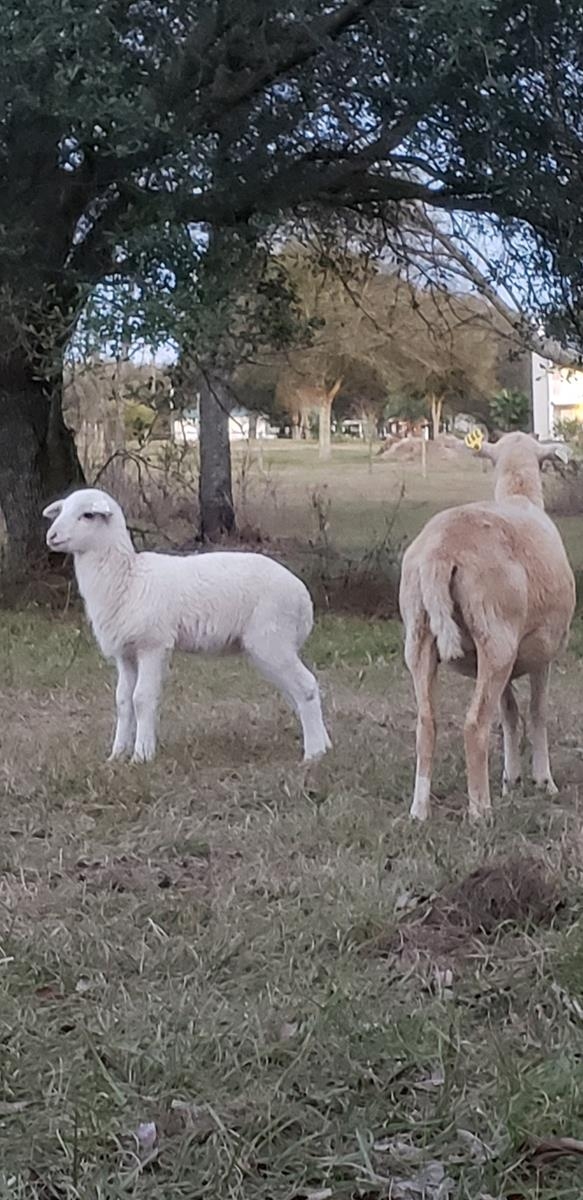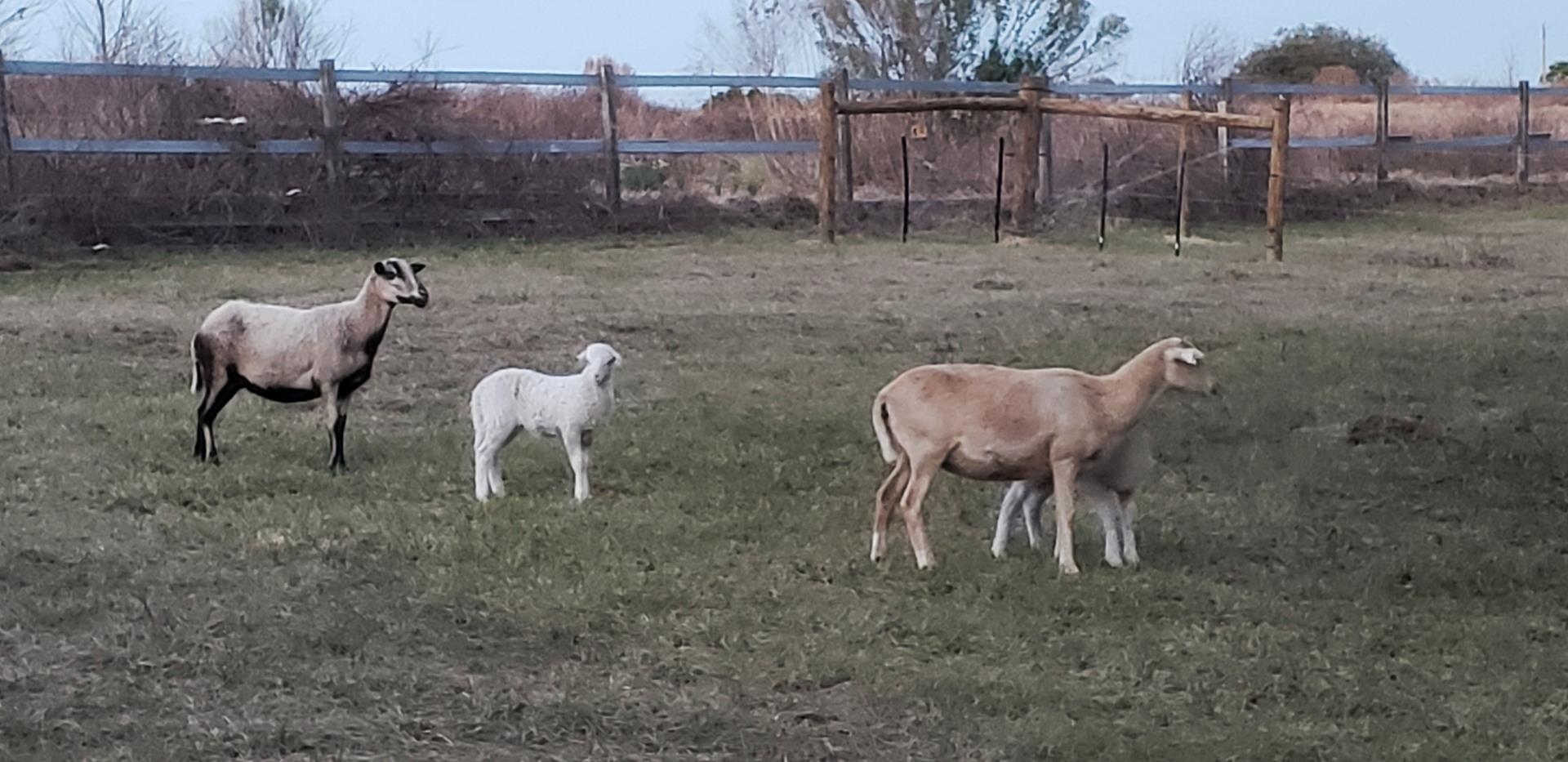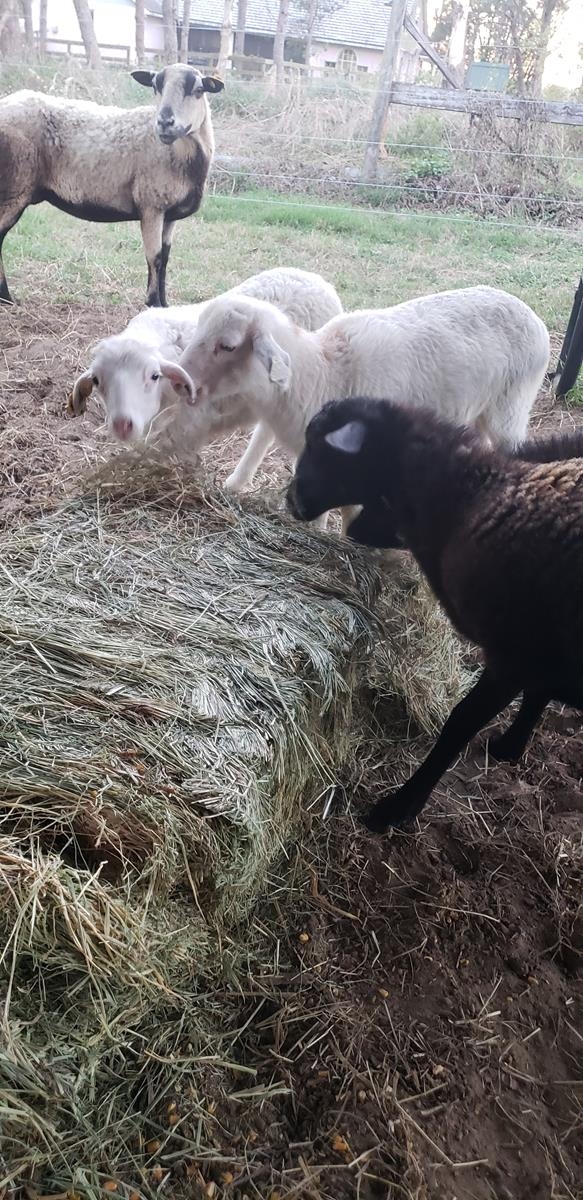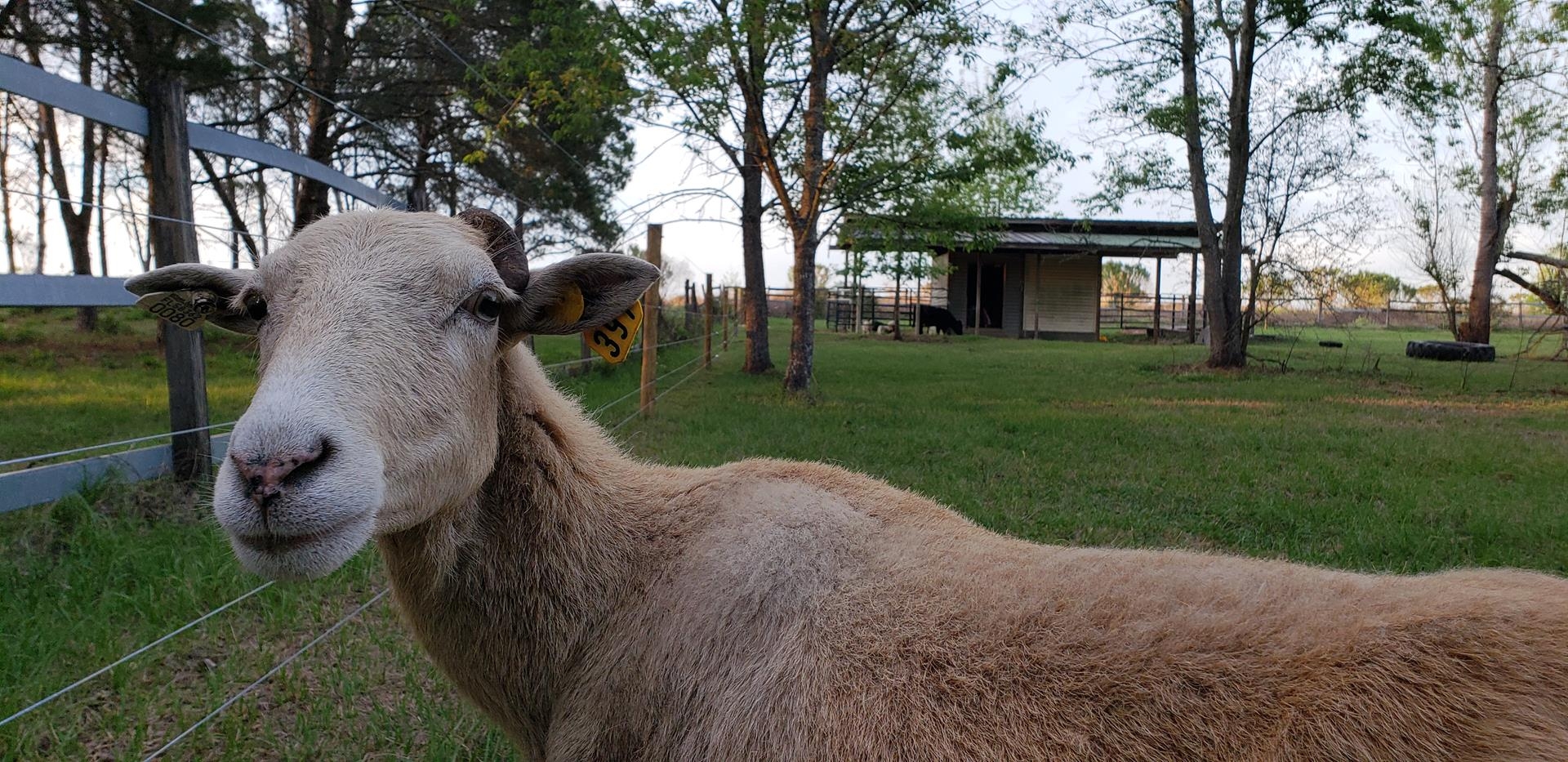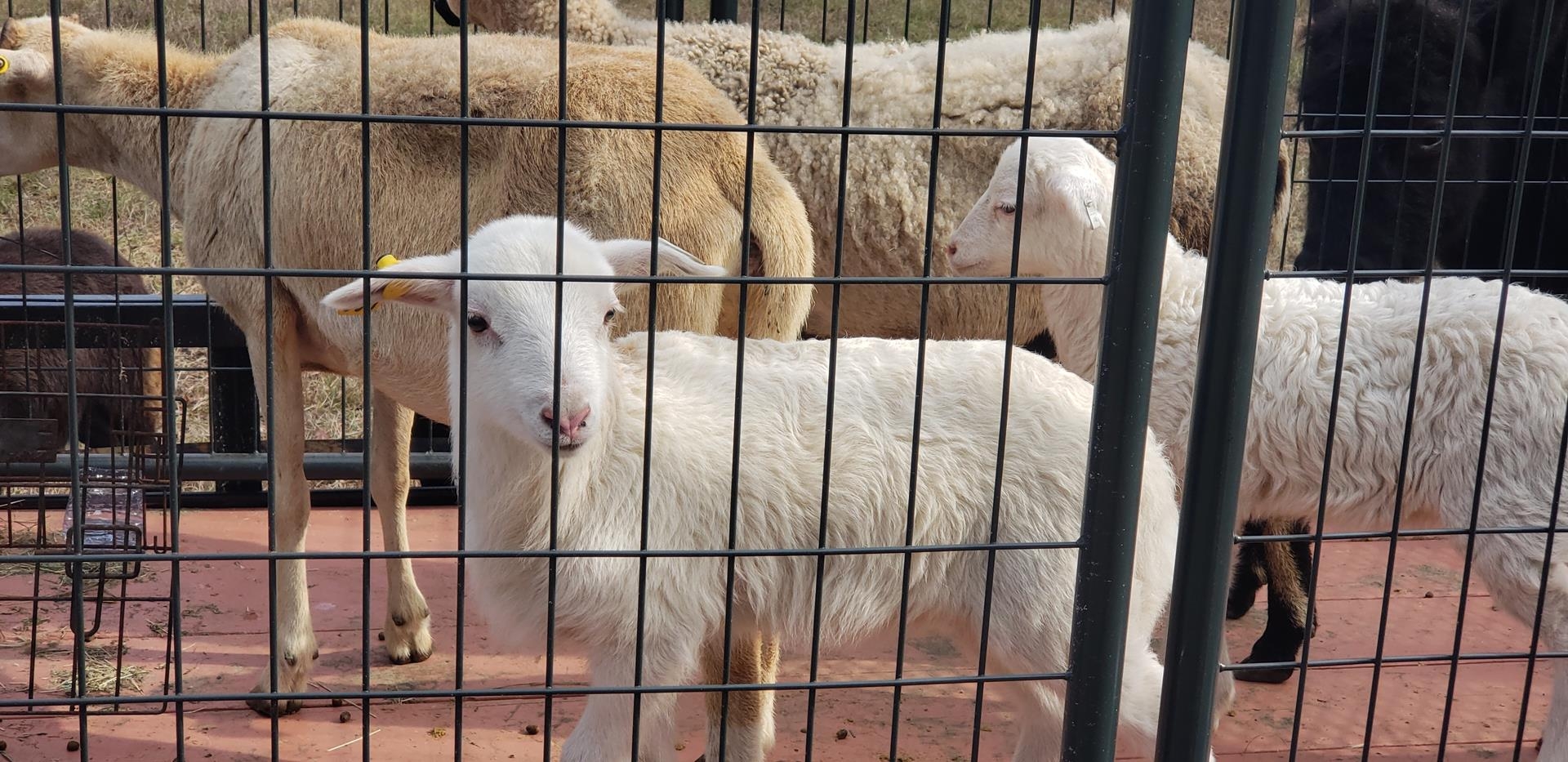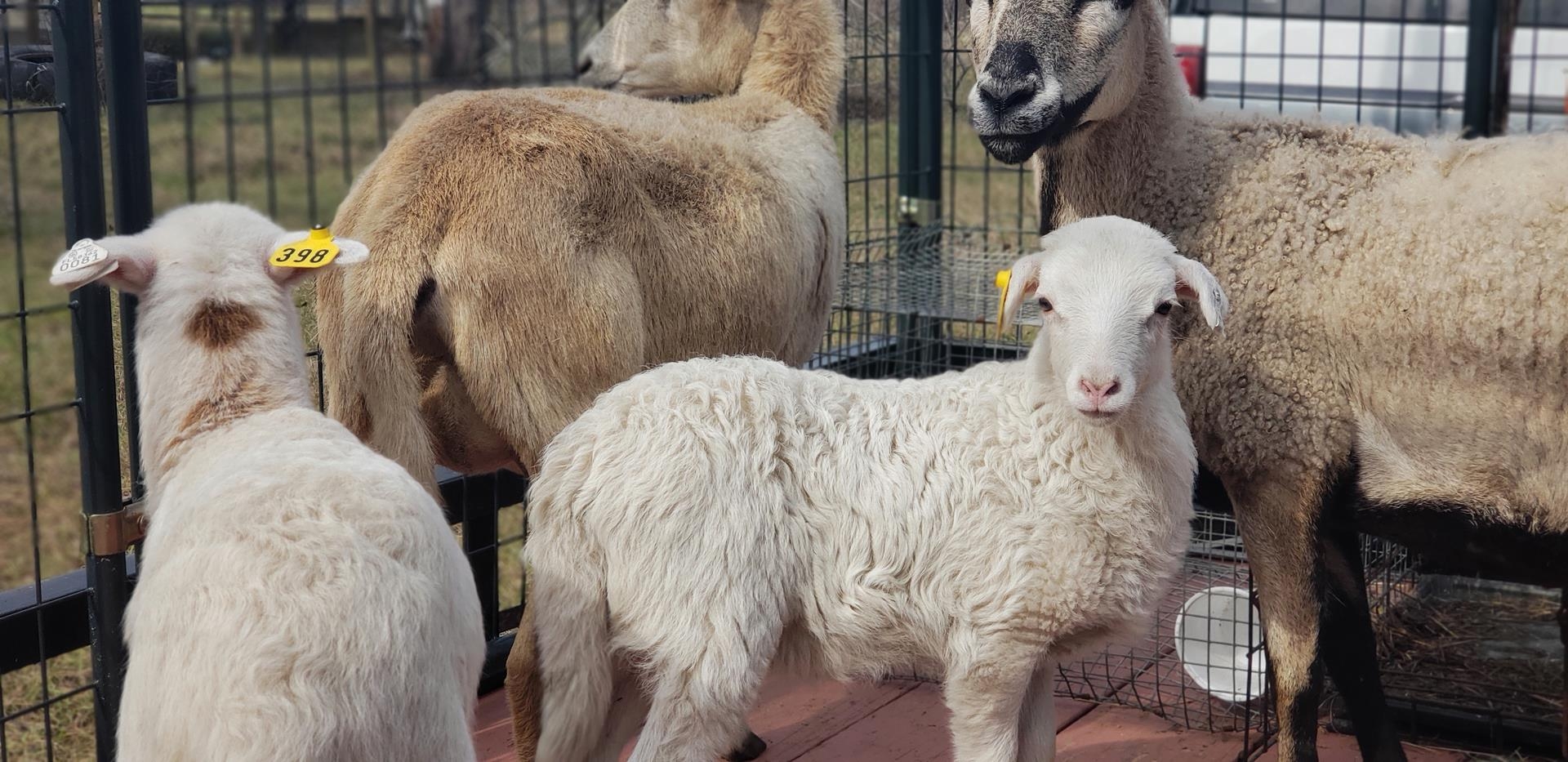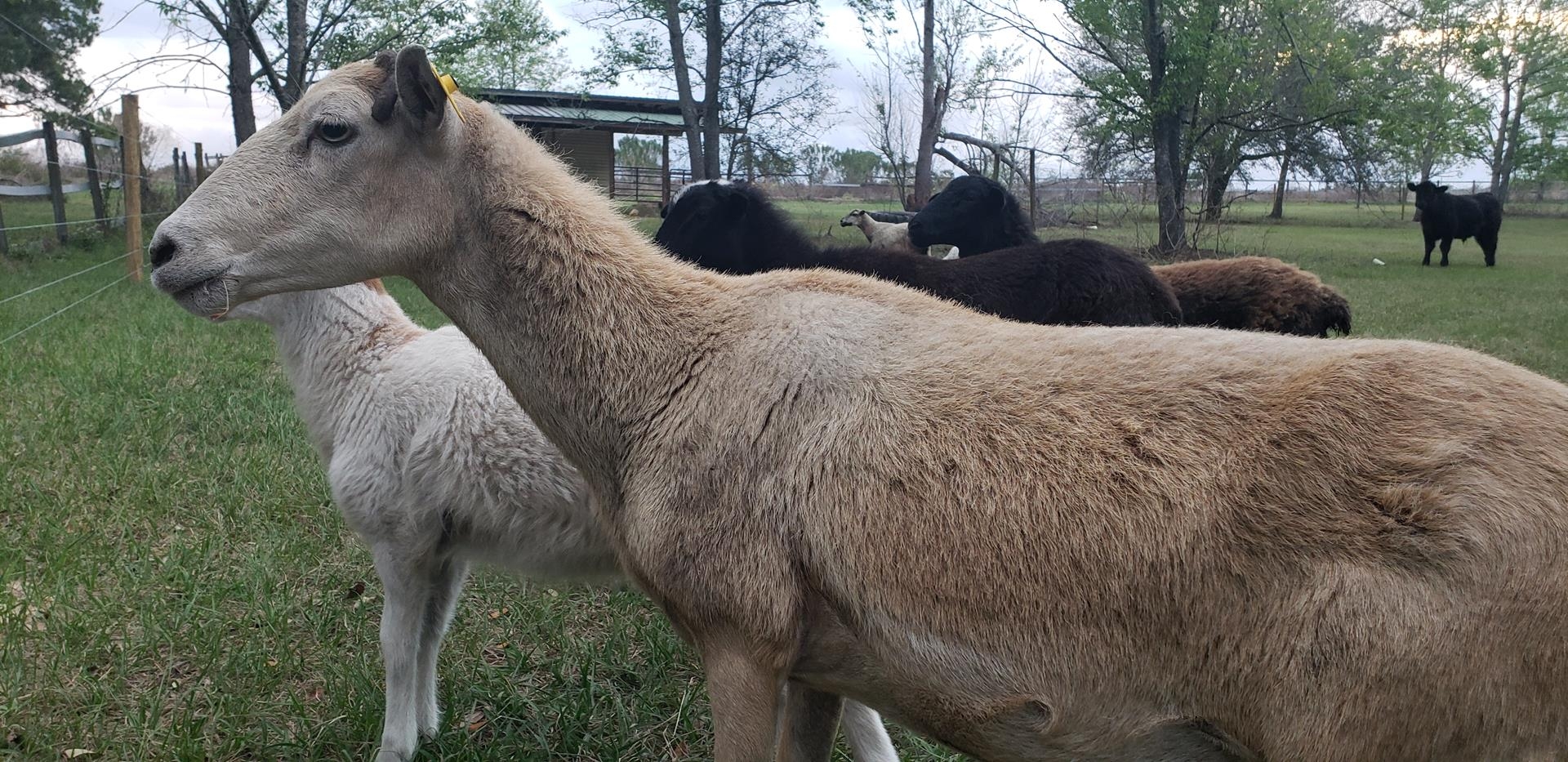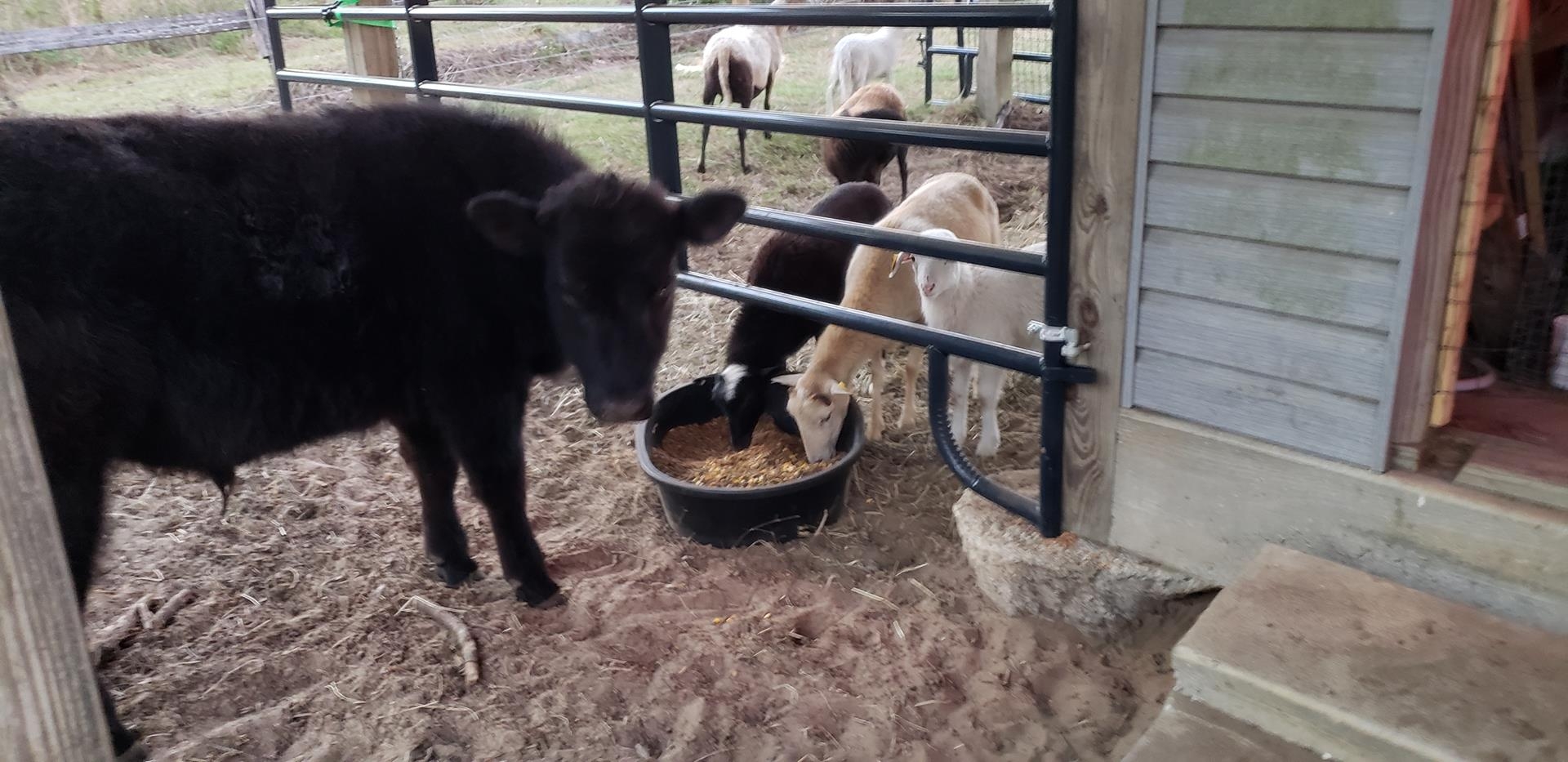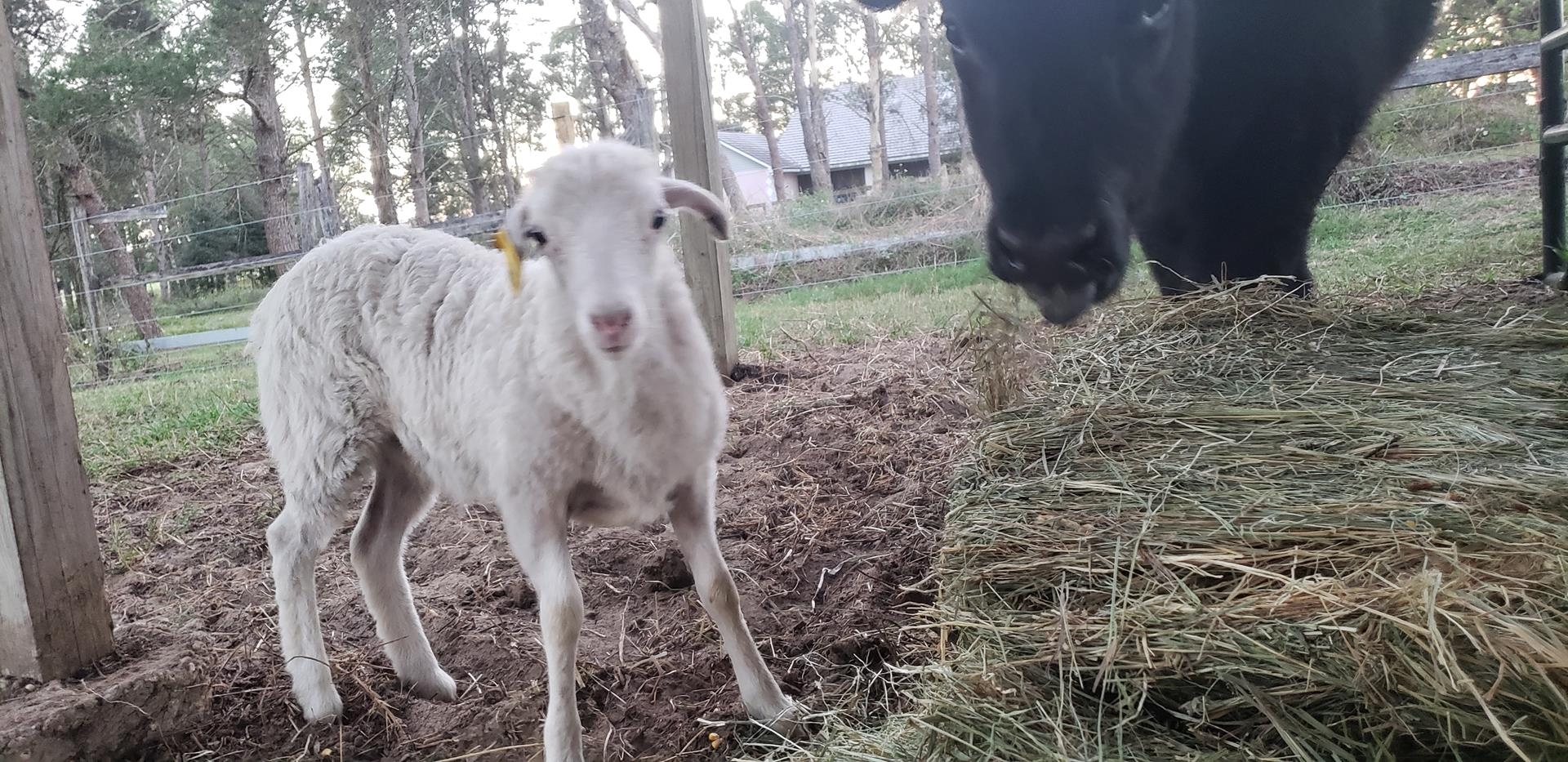sheep/SHēp/noun
a domesticated ruminant animal with a thick woolly coat and (typically only in the male) curving horns.
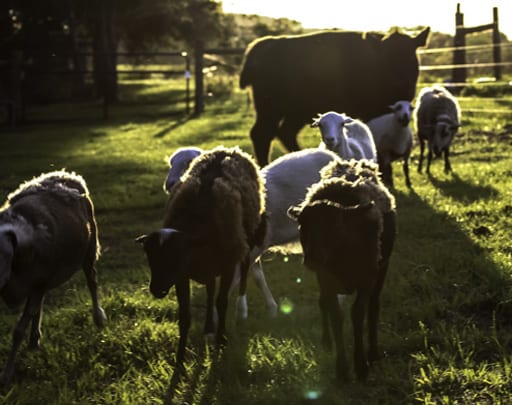
Baa, Baa black sheep have you any wool?
Sheep Facts: White is actually the most popular color for sheep as they produce white wool which can be dyed any color necessary. That’s not to say there aren’t black sheep around.
Sheep are herbivores, natural grazers that have been around for over 10,000 years. Sheep typically graze around 7 hours a day which includes the hours around dawn and in late afternoon. If feeding any grain supplements to sheep, its recommended to feed in mid day as to no disrupt the grazing schedule. Sheep enjoy grass, clover, forbs and other pasture plants. Sheep need minerals and salt to sustain a healthy life.
Salt Blocks & Minerals for sheep
Salt Blocks for Sheep: Sheep are very sensitive to copper and even small amounts can be toxic for most breeds. Check ingredients before hand as some slat blocks may contain copper.
IMPORTANT: Water for sheep
Water is extremely important to maintain healthy sheep. Sheep DO NOT like dirty water, maintaining a healthy supply is essential for a healthy herd of sheep, it helps to use a water supply system but be sure to change water frequently or clean out daily.
Shearing sheep
Sheep with wool need to be sheared once a year. This occurs in spring before the warm weather starts. Shearing can be down with electric shears, by a shearing machine or manually with scissors. Shearing does not hurt the sheep and is merely thought of as a haircut. You can do this yourself or hire an shearing professional. Note there are sheep that do not require shearing and these are considered hair sheep. Their coats will naturally shed.
Sheep vs Goats
There always seems to be confusion around whether that’s a sheep or a goat. Easiest way to decide is to look at the tail. Does it go up or hang down? Up is a goat and down is a sheep. Goats are browsers rather than grazers. To learn more about goats click on over to Goat 101.
Sheep Predators
Sheep have numerous natural predators, such as coyotes, wolves, foxes, bears, dogs, bobcats, and mountain lions. Sheep are defenseless to these creatures and try to remain in a group as protection. Its recommended to keep sheep behind a predator type fencing. An electric fence is a good example for a safe haven for sheep. (insert what you used for fencing) You may also consider having a livestock guardian to help protect your sheep. Guardians more often used are dogs, llamas and donkeys.
